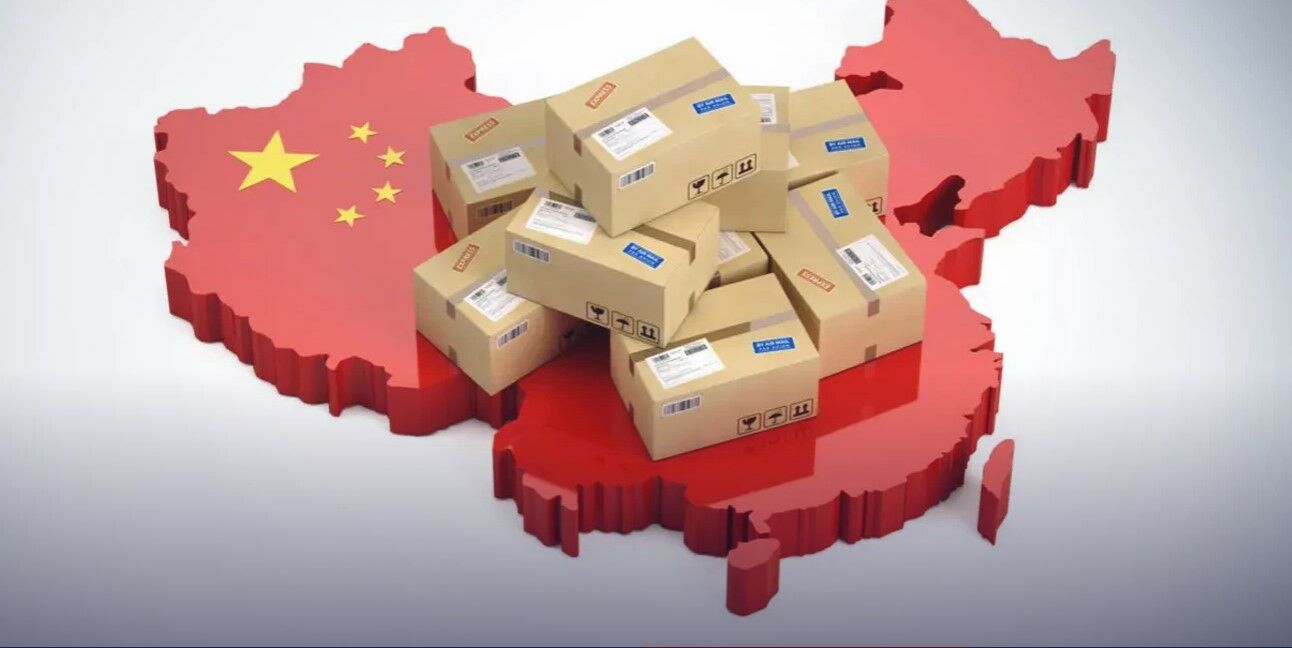Thai industries battle tide of cheap imports: Government gears up for tough measures

In a bid to rescue Thailand‘s floundering manufacturing sector, the Thai government is gearing up for a fierce showdown against a deluge of low-priced imports that threaten to drown local industries.
The Commerce Ministry’s crackdown, aimed primarily at products flooding in from China, promises to safeguard Thai manufacturers from the relentless assault on their market share.
Thailand’s industrial output has experienced a downward spiral for the past four quarters, sounding alarms within the industrial sector. Ronrong Poonpipat, the director-general of the Department of Foreign Trade, clarified that the Commerce Ministry lacks the authority to outright ban imports. However, it empowers business operators to file complaints, initiating procedures, including anti-dumping measures, to counter market manipulation.
Kriengkrai Thiennukul, Chairman of the Federation of Thai Industries (FTI), highlighted the influx of low-priced products, attributing it to a fragile global economy and sluggish recovery in purchasing power. The excessive supply of goods from various global sources, particularly China, has led to a disparity in prices, making imported products more affordable than domestically manufactured ones. This trend, notably evident in the steel sector, has left the local steel industry grappling with a production capacity 20% lower than the industry average.
The government’s strategy involves implementing stringent control and safety standards to curb unrestricted imports, recognising the need for specific measures tailored to each country. Over 20 industries have expressed concern about substandard, low-priced products, ranging from legally imported goods to smuggled or counterfeit items, posing a significant threat to local manufacturers.
Chinese-dominant imports
China’s impact extends beyond traditional industries into the e-commerce sector, where it dominates market shares. Chinese giants like Alibaba control Thailand’s primary e-commerce platform, Lazada, and operate one of the largest warehouses in Southeast Asia. The CEO of Pay Solution and founder of TARAD.com, Pawoot Pongvitayapanu, emphasises the ease of transportation from China to Thailand and the advantage of tax-free zones that make Chinese goods more competitive than locally produced ones, reported The Nation.
However, the battle against Chinese dominance doesn’t rest solely on price competition. Thai businesses can differentiate themselves by enhancing post-sale services and adding value to their products. Thanawat Malabuppha, CEO and co-founder of Priceza, acknowledges the urgency of managing this influx in the e-commerce industry, where Chinese products reportedly constitute over 80 to 90% of the market share. As platforms like TikTok boost the sale of Chinese goods, Thailand must formulate a robust strategy to navigate this challenging landscape.
Latest Thailand News
Follow The Thaiger on Google News:


























